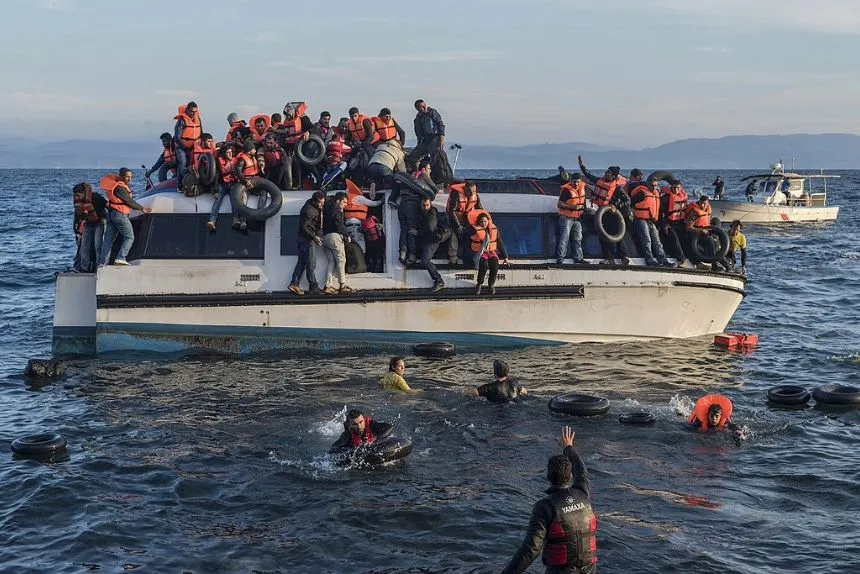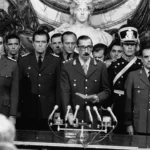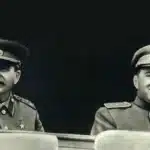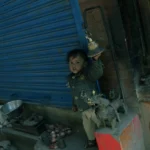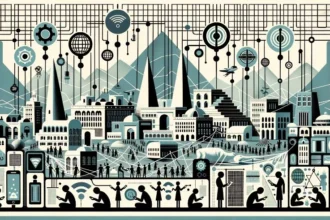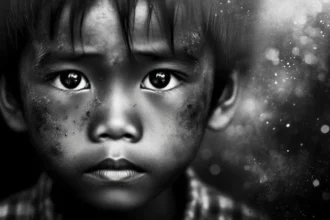The Mediterranean Sea has emerged as a perilous crossing for migrants seeking a better life in Europe. It’s not merely a body of water but a complex theater where human rights, politics, and ethics intersect. NGOs involved in search and rescue (SAR) missions face stiff resistance from European states who argue that their activities are contrary to established migration policies.
But these missions are more than just a challenge to maritime law or border security; they serve as a symbolic counter-narrative to prevailing policies and social attitudes that reduce human lives to numbers or potential threats.
At stake are not only the lives of migrants but also the moral fiber of European societies.
The core question this article aims to address is whether these SAR operations can be understood as a form of freedom of expression, as enshrined in Article 10 of the European Convention on Human Rights (ECHR). By examining the ethical implications and broader humanitarian concerns linked with these missions, we shed light on their potential role as vehicles for challenging the official narrative, thereby not only saving lives but also changing the conversation on migration and human rights.
Through this lens, the NGOs’ actions transcend mere rescue operations, becoming a potent form of activism that pushes us to rethink the values underpinning European migration policies.
The Deliberate Negligence of European States
European nations are not just putting barriers in front of migrants trying to cross the Mediterranean Sea; they are also opposing activists who seek to document the grim reality of these dangerous journeys. By framing their resistance within the boundaries of existing legal frameworks, these states conveniently overlook the profound humanitarian crisis that unfolds before the world’s eyes. Such a narrow view of policy implementation raises grave ethical questions.
Activists fill a vital gap by not only rescuing migrants but also monitoring and documenting the harsh conditions they face
We are not just dealing with a routine policy issue but a significant moral quandary that challenges the essence of a state’s duty towards humanity. At stake are not only the lives of migrants but also the moral fiber of European societies. The actions of NGOs and individual activists go beyond mere logistical support for distressed individuals; they represent a stand against the very policies that have allowed for the dehumanization of people seeking a better life.
Activists, through their courageous efforts, are thus laying bare the ethical fault lines in European migration policy. Their activities force us to confront uncomfortable questions about how we balance the integrity of borders against the very real human suffering they cause.
These concerns beg for more than mere policy adjustments; they call for a rethinking of the foundational ethics that guide the actions of European states in the realm of migration. This is not just a matter of law but a deep-seated issue that strikes at the heart of what we consider to be the collective moral responsibilities of modern societies.
The Expanding Role of NGOs and Activists
While governments may turn a blind eye, NGOs and activists fill a vital gap by not only rescuing migrants but also monitoring and documenting the harsh conditions they face. These groups take their mission a step further by seeking to raise awareness about the human tragedies that result from European migration policies. Their efforts extend the boundaries of conventional search and rescue operations, making their actions symbolic acts of defiance against the prevailing status quo.
This activism is not random or isolated; it is a coordinated and public response to policies that overlook the human cost of securing borders. Importantly, it challenges us to view the actions of these groups as a form of freedom of expression protected under Article 10 of the European Convention on Human Rights (ECHR).
NGOs and activists are doing more than just saving lives; they are conveying a powerful message that questions the ethics of a system willing to sacrifice human lives for border security. Their work therefore aligns with broader freedoms that go beyond the physical act of rescue, entering the realm of protected civil liberties.
Their activities serve as an important counter-narrative, forcing society to reevaluate its priorities and ethical commitments. While states are bound by international law, it’s worth examining whether existing legal frameworks can adapt to this form of expressive activism. As the stakes rise in this humanitarian crisis, the role of NGOs and activists becomes not just practical but increasingly symbolic, crystallizing an ethical dilemma that Europe can no longer afford to ignore.
The Intersection of Law and Activism: A Question of Free Expression
The matter at hand takes us to a pivotal point: the interpretation of Article 10 of the ECHR. Traditionally, freedom of expression has been understood to cover spoken or written words. However, the world is evolving, and so is our understanding of human rights. In this dynamic landscape, Article 10 has a new arena of application.
SAR activities are not only an urgent humanitarian response but also an act of free expression, deserving protection under Article 10.
The ECHR’s Article 10 protects the gathering of information. Monitoring activities by NGOs at sea clearly fit this category. The more contentious issue is whether Search and Rescue (SAR) operations can also be viewed under the same legal umbrella.
One could argue that SAR activities, in response to policies that let migrants drown, are in themselves an expressive act. They defy the orthodox understanding of freedom of expression, yet if disrupting a fox hunt can be considered an act of free expression, as was ruled in the case of Steel and Others v. United Kingdom, it seems illogical to disqualify actions aimed at saving human lives from that same protection.
Activism in this context serves to ignite societal debates on core human values, and therefore can be understood as a form of freedom of expression. Moreover, some court rulings have leaned toward an evolutionary interpretation of human rights, adapting them to address current crises such as climate change. In this light, it is conceivable that SAR activities are not only an urgent humanitarian response but also an act of free expression, deserving protection under Article 10.
This nuanced understanding forces us to rethink not just the legality but also the morality of these actions. It shifts the focus from just saving lives to saving lives as a political statement, thereby challenging existing paradigms and pushing for change.
The Ripple Effect: Expanding the Bounds of Solidarity and Expression
The implications of recognizing SAR activities as a form of expression are vast. This recognition could extend to other acts of solidarity, from historical examples like hiding Jews during the Nazi regime to contemporary efforts such as aiding Afghan refugees during the Taliban takeover. Solidarity becomes a conduit for conveying ideas and stirring social consciousness.
Solidarity-based activism serves dual purposes: providing immediate humanitarian relief and challenging the very policies that necessitate such relief. When viewed through the lens of expression, these acts of kindness are not just altruistic deeds but strong societal statements. In essence, these acts extend the scope of what is generally considered to be within the realm of human rights protections.
In a fast-paced world, activists often resort to unconventional methods to draw attention to their causes. These methods are increasingly capturing the attention of legal systems, leading to an evolved understanding of what constitutes freedom of expression. Courts and legal scholars are starting to see the merit in this evolutionary approach to human rights, adapting the law to address ongoing societal challenges.
Conclusion: A New Paradigm in Human Rights and Expression
Human rights laws, including the ECHR, were crafted with a focus on past atrocities. However, in a world of unfolding crises, a forward-looking orientation is crucial. Courts have begun to adopt daring interpretations of human rights provisions to address these new challenges.
The activities of maritime NGOs, like climate change activism, demand a bold reinterpretation of international law. It’s not just a scholarly luxury but an urgent humanitarian necessity.
Recognizing the activism of maritime NGOs as a form of expression protected under Article 10 can trigger wider debates about core human values, including the right to life. This approach may seem revolutionary but is essential for safeguarding human rights in the face of modern tragedies.
Adapted from an academic article for a wider audience, under license CC BY 4.0


